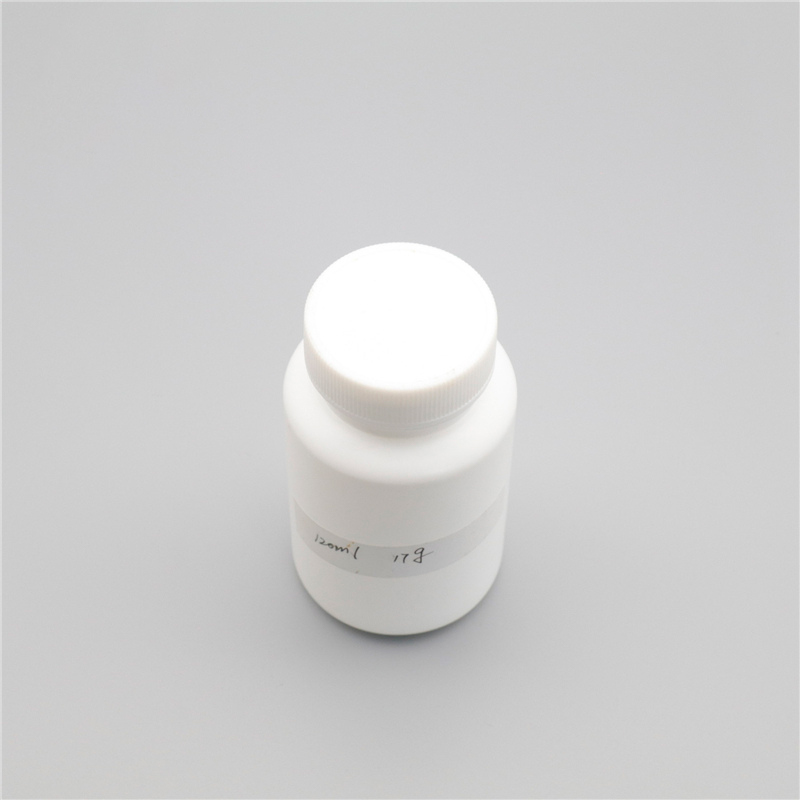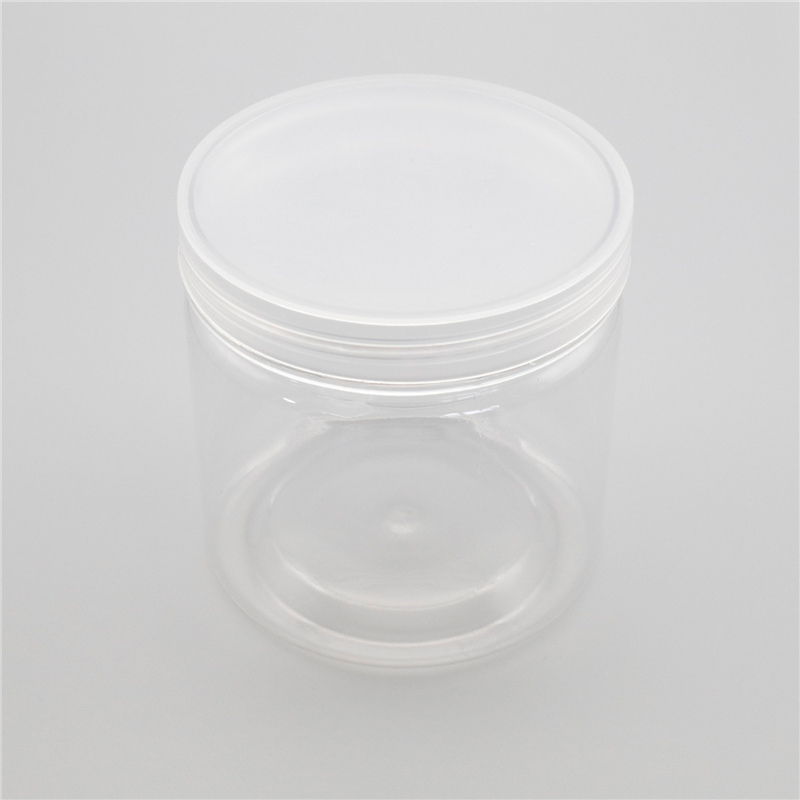Andrea Villa, Senior Technical and Sales Engineer of Sorema describes the newly started up plant as follows: “After conducting a wash and recycle trial on the plant at our Recycling Research Center – RRC in Alzate Brianza with CPC collected dirty bottles, we developed the parameters to design a 2,200 kg/h flakes output plant, which would make their material able to be reused to produce soft drink bottles again”.
Villa then continued: – “The material test, conducted at Sorema’s RRC laboratory, has verified that most of the local market collection consists of small-format bottles between 330 cc (mL) and 1000 cc (mL) with a high-level contamination from PVC labels, sand, and abrasive materials. Based on this analysis of the material to be processed, Sorema thanks to its robust and efficient design, has developed and manufactured a line BtoB for SEA, which features a series of customizations to be considered as standard throughout all South-East Asia (SEA) PET bottles recyclers.” Bulk Plastic Jars Factory

The following machines, have been carefully built with the high-quality components, starting from the pre-washing module for removing labels and for optimal cleaning of the material surface. In fact, this technology prepares the material for a better sorting of the bottles and reduces the overall wear of the whole line and without compromising the lifespan of the delabeler, which has an expectation of its first maintenance only after several months.
Subsequently, efficient removal of PVC labels is achieved with a combination of delabeler, wet elutriator and material detectors. This technology achieves the highest standards required by major brand owners for their rPET. Because the SEA market is quickly evolving from PVC to PP labels, we would like to underline the importance of Sorema technology, that removes with high efficiency the glue of the labels. Sorema has also paid particular attention to the possible wear conditions due to local collection, where the level of sand in the input bales is elevated.
Save my name, email, and website in this browser for the next time I comment.

China Empty Glass Cream Jar and Glass Jar This site uses Akismet to reduce spam. Learn how your comment data is processed.